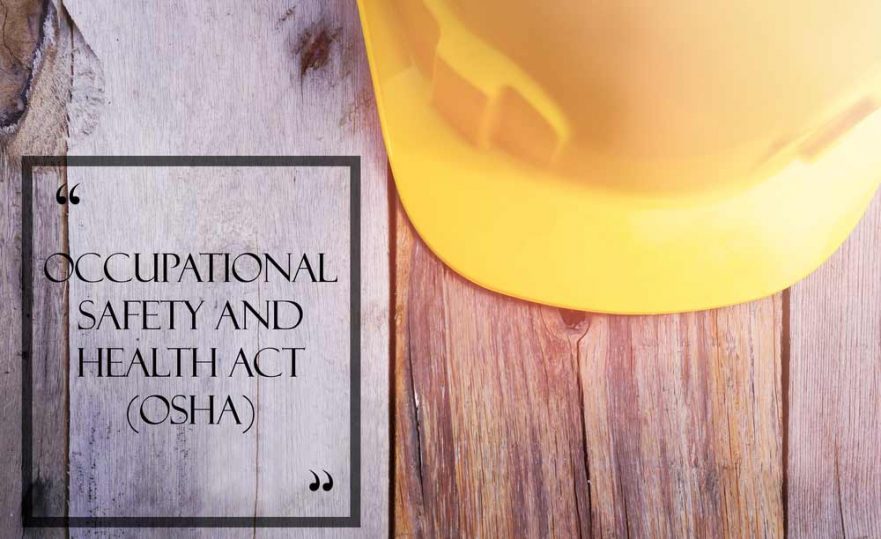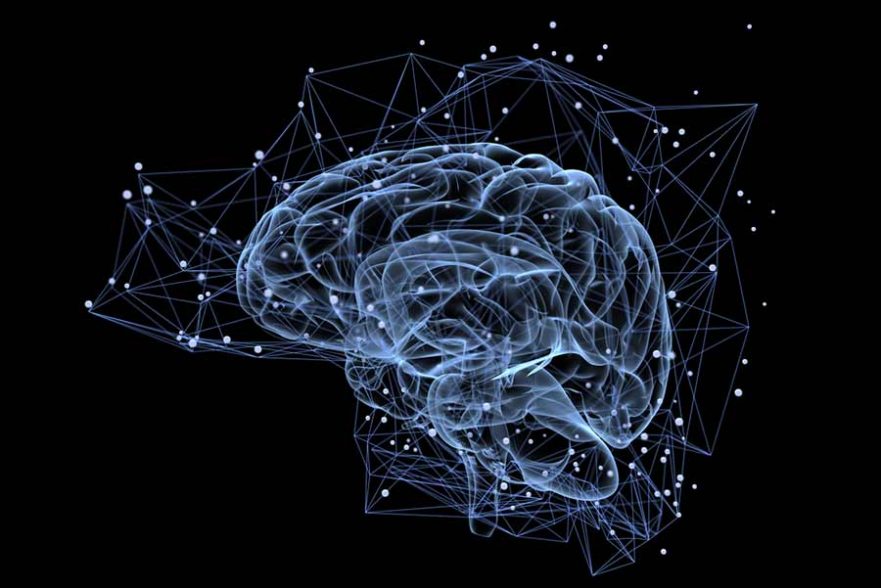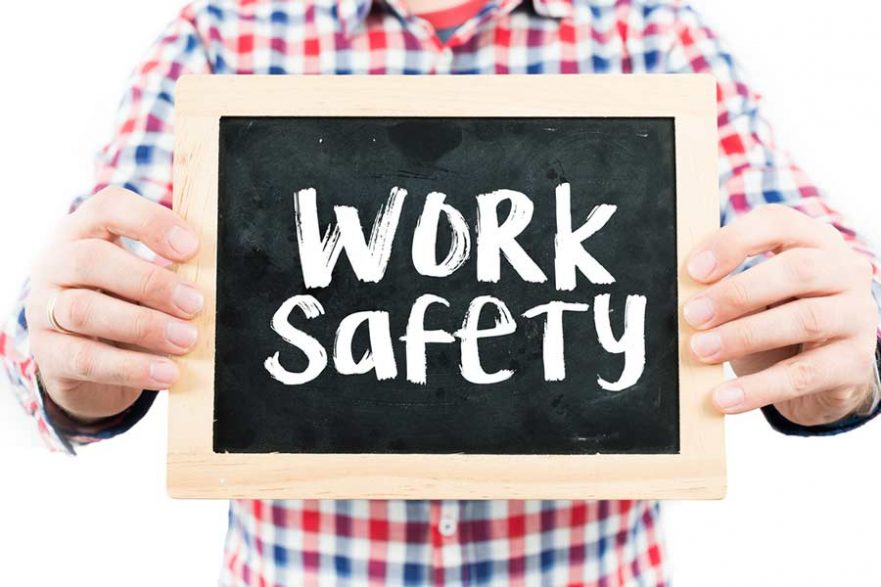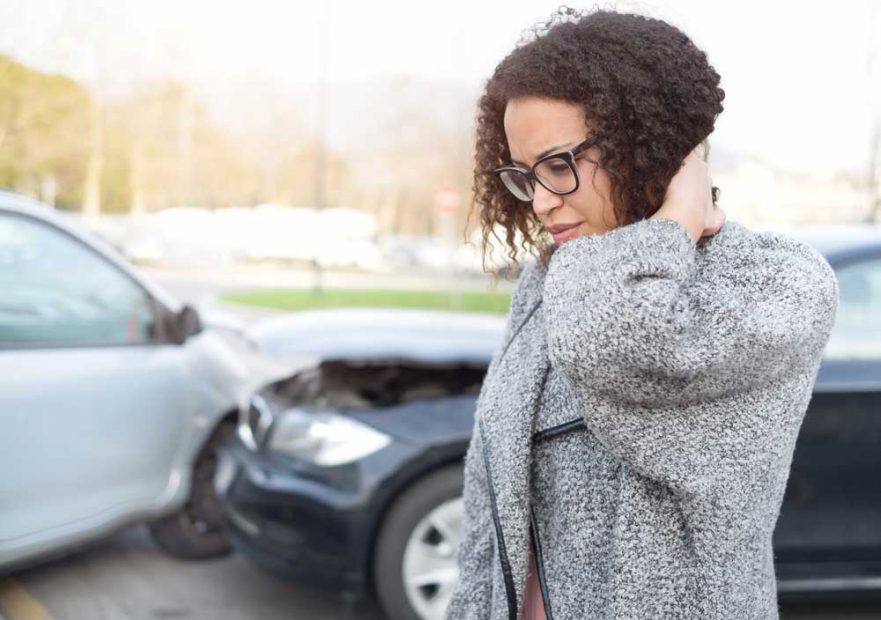Workers’ compensation programs exist throughout the country to assist individuals injured in work-related accidents to obtain medical care and lost earnings while recovering from their injuries. Administered at the state level, these programs developed as an alternative to forcing injured workers to file lawsuits against employers to obtain reimbursement for medical care. Through the years, one federal agency, OSHA, has …
Property Owner Liability When a Slip on Ice Causes Injury
There is a TV commercial for a national pizza chain showing a customer slipping on ice as he and his dinner go crashing to the ground. A voiceover reminds customers they can return a damaged pizza to the store for a replacement. While it’s nice to know that your dinner is easily replaced if you slip on ice, the physical …
A Psychological Injury Could Entitle You to Workers’ Compensation Benefits
A hand mangled by machinery and lungs damaged by inhaling toxic fumes are the types of injuries people usually associate with a claim for workers’ compensation benefits. Psychological injury, perhaps associated with work-related stress, might not be the first thing that comes to mind. Because workers’ compensation laws differ from one state to another, your ability to claim psychological injuries …
Roundabouts: Safer or the Cause of a Different Class of Accidents?
Statistics proving roundabouts to be a safer and more efficient method of controlling traffic flow at intersections is one of the reasons more drivers, pedestrians, and bicyclists encounter them as they travel through Oregon. It is difficult to argue with a 78-82 percent reduction in intersection accidents resulting in serious injuries or loss of life, but a close look at roundabout …
It’s Crucial to Train Staff on OSHA & HIPAA Compliance
Facilitating access to medical treatment for an injured worker is the goal of workers’ compensation laws in Oregon and other states. Employers and their administrative staff must know their role in the process and procedures associated with a worker filing a claim due to a work-related injury or health issue. It is also important for them to be aware of …
Difficulty Proving Marijuana DUI Also a Challenge in Personal Injury Claims
Oregon became one of only three states, along with Colorado and Washington, to legalize the possession and use of recreational marijuana in 2015. State residents can have up to 8 ounces of dried marijuana leaves or flowers in their possession. As other state governments consider following Oregon by legalizing marijuana, laws governing personal injury claims and those prohibiting driving while …
Workers’ Comp Drug Testing: What’s Legal?
Drug screening has become a fact of life for many workers in the U.S. For some occupations, such as drivers of commercial vehicles, it is a requirement of getting and keeping the job. After all, knowing the driver of a tractor trailer speeding along the highway has been screened for drug use makes sense from the perspective of keeping the …
Breaking Down Your Workers’ Compensation Rights in Oregon
If you get hurt on the job, regardless of who might have been at fault, you have the right to have your medical care and lost earnings covered through workers’ compensation in Oregon. You don’t have to sue anyone, including your employer, to receive benefits, but you do have to make your supervisor or someone else in management aware that …
How Workers’ Compensation is Adopting Technological Advances
Workers’ compensation as a system for dealing with injuries and illnesses related to employment activities is more than 100 years old. It has only recently begun to adopt new developments in technology. The initiation and processing of a claim made by an injured worker is generally a manual process, requiring the submission of forms and telephone calls to file and …
The Myth of Hands-Free Devices and Distracted Driving
Most states prohibit texting while driving because it distracts a driver from concentrating on the task of safely operating a motor vehicle. Engaging in a conversation on a cellphone while operating a car is illegal in 14 states for essentially the same reason, but even in those states, talking with the use of a hands-free device is legal. Oregon and …









